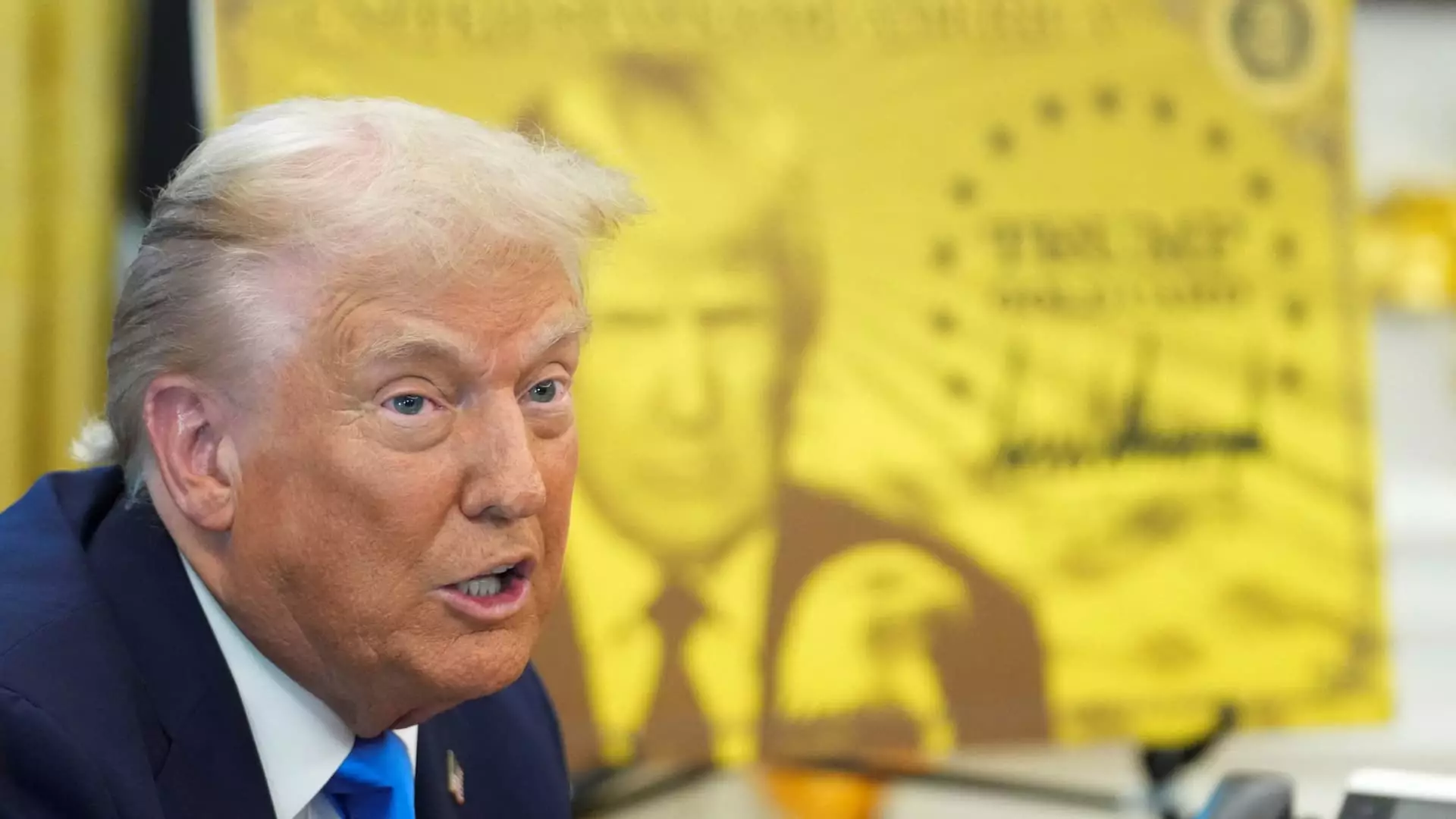In an era where technological innovation is the backbone of economic growth, the abrupt decision by the Trump administration to impose a $100,000 annual fee on H-1B visas starkly reveals a shortsighted obsession with border enforcement at the expense of America’s future competitiveness. This move, cloaked as a crackdown on legal immigration, fundamentally sacrifices the very diversity and talent pool that has powered the nation’s rise as a global tech giant. It is a misguided attempt to curb immigration that threatens the delicate ecosystem of skilled labor, economic dynamism, and international collaboration that has been painstakingly cultivated over decades.
This policy shift exposes a fundamental misunderstanding of the roles these talented immigrants play within America’s economy. These workers—predominantly originating from India and China—are not merely seasonal laborers; they are architects of innovation, entrepreneurs, and small business founders who often contribute far more than they receive in wages or taxes. The notion that penalizing these highly skilled professionals with exorbitant fees will deter illegal immigration while simultaneously promoting American job growth is both naïve and counterproductive.
Collateral Damage to U.S. Tech and Financial Sectors
The immediate fallout from this announcement underscores the perilous fragility of industries reliant upon global talent networks. Giants like Amazon, Microsoft, Meta, and Google—the very engines of American technological progress—are now warning their H-1B holders to remain in the U.S. or risk jeopardizing their visas. Such directives are not mere bureaucratic cautions but reflect a deeper anxiety about the future of innovation under an increasingly protectionist regime.
A policy that discourages highly skilled foreign workers from even entering the U.S. ecosystem diminishes the country’s competitive edge. Talent migration is a game of reputation; once the perception of an unwelcoming environment spreads, savvy professionals may choose nations with more open policies. Thus, the current administration’s stance risks turning the United States into an insular, less attractive destination for global talent, reversing years of effort to position the U.S. as the world’s innovation hub.
Moreover, the financial sector, heavily reliant on expertise from abroad, faces disruptions that could have far-reaching economic implications. Hedge funds, banking giants, and fintech companies depend on a fluid talent pipeline to develop cutting-edge financial products. Imposing steep visa fees and curbing access could usher in delays in product development, reduce research and development investments, and ultimately dampen economic growth.
The Global Ripple Effects and Humanitarian Concerns
The international response to this policy reveals broader geopolitical concerns. Countries like India and South Korea are already scrutinizing how these restrictions will influence their nationals working in the U.S., threatening diplomatic tensions and economic cooperation. These nations recognize that their citizens, who have seamlessly contributed to American progress, now face barriers that could destabilize entire industries or cause irreversible brain drain.
On a humanitarian level, families torn apart by visa delays or denials will pay a high social price. Entrepreneurs, scientists, and students who envisioned their careers and family stability in the U.S. may reconsider their options, migrating to more welcoming environments. This not only hampers individual ambitions but erodes the multicultural fabric that has historically fueled American innovation and resilience.
Fundamentally, this policy underscores a shortsighted vision—an attempt to prioritize a narrow view of national security over the benefits of open, inclusive growth. While the desire to protect American jobs is understandable, it should not come at the expense of the very ingenuity that has secured the country’s dominant position in the global economy. Flexibility and balanced policies, rather than punitive measures, are essential if the U.S. wants to remain at the forefront of technological advancement and economic vitality.

